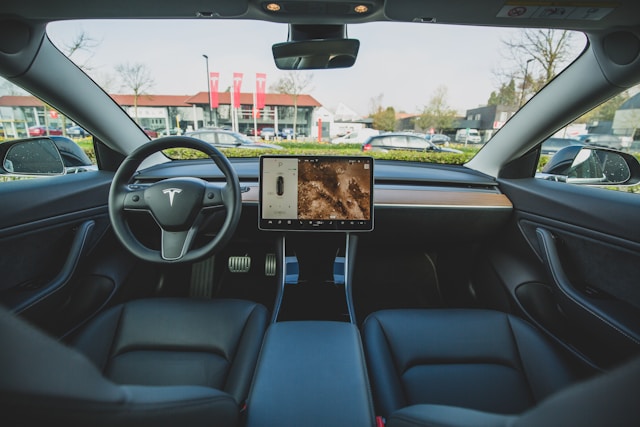When it comes to Canada’s EV rebate programs, it seems Tesla may have hit a speed bump—or rather, a $43-million pothole.
In a dramatic turn of events, Canada has frozen $43 million in rebate payments to Tesla, citing concerns over a last-minute surge in claims submitted just as the program was winding down. The move isn’t just about paperwork; it’s a broader statement that has major implications for Tesla, its CEO Elon Musk, and Canada’s positioning in the EV market. Former transport minister Chrystia Freeland didn’t mince words when announcing the freeze, emphasizing that Tesla would remain excluded from future rebate programs as long as tariffs on the company’s vehicles persist.
Now, let’s talk about those tariffs. Think of them as the passive-aggressive post-it note of international trade. They’re there, they’re undeniable, and they send a very clear message: “We’re not thrilled about this arrangement.” For Tesla, those tariffs are the sticking point that bars the company from enjoying the financial perks available to other automakers. It’s Canada’s way of saying, “Play nice or don’t play at all.” And while the freeze might feel like a punch to Tesla’s wallet, it’s also a form of pushback against Musk’s increasingly global ambitions—and perhaps even a thumb in the eye of his political ally, Donald Trump. Because let’s face it, what better way to send a message than freezing millions in payments?
But this isn’t just about one company or one CEO. The freeze is a reflection of Canada’s broader EV policy ambitions. Ottawa has been aggressively pushing for greener energy and cleaner transportation, yet it’s also trying to ensure its policies aren’t exploited. The surge in Tesla’s rebate claims right before the cutoff raised more than a few eyebrows. Was this a tactical move by Tesla to maximize benefits before being edged out? Or is it simply a case of unfortunate timing? Either way, the optics aren’t great.
For Canadian consumers, the implications are significant. Tesla has long been a major player in the EV market, offering a range of options that have drawn in countless eco-conscious drivers. This freeze could mean fewer incentives for Canadians looking to switch to a Tesla—and potentially higher costs, given the tariffs. It’s a classic example of policy clashing with consumer choice, leaving drivers caught in the middle.
And then there’s the global stage. By taking such a firm stand, Canada is signaling to the world—and to Musk—that its EV policies aren’t just lip service. It’s about creating a level playing field, even if that means sidelining a major player like Tesla. As EV adoption grows and the market becomes more competitive, these decisions set a precedent that could influence other nations wrestling with similar challenges.
So, what’s next? Well, Tesla faces an uphill battle to regain eligibility for Canadian rebates. The company could lobby for tariff adjustments or try to address the concerns raised by Ottawa. But one thing’s clear: this isn’t just about getting back that $43 million. It’s about navigating a complex web of politics, economics, and environmental priorities. And for Musk, it’s yet another reminder that even in the world of cutting-edge innovation, you can’t escape the hard truths of geopolitics.
For now, Canada seems to be driving home a point—literally and figuratively. Whether you see it as a necessary measure to protect national interests or a bureaucratic overreach, one thing’s for sure: the Tesla rebate freeze is making waves far beyond the Great White North.
References:
Canada freezes Tesla’s $43-million EV rebate payments

